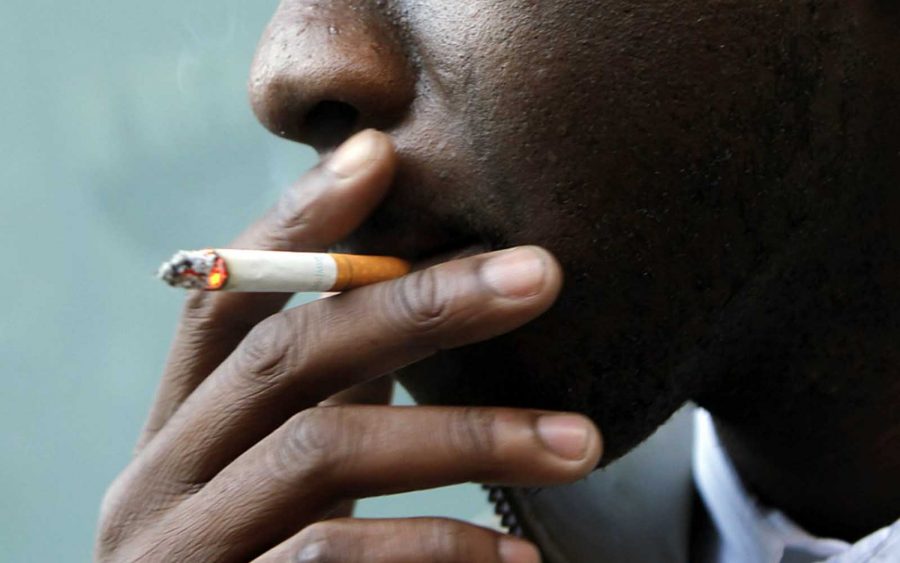As part of the implementation process of Tobacco Control Act of 2015, the Federal Government has concluded plans to ban tobacco. Minister of State for Health, Dr Osagie Ehanire made this disclosure.
While speaking at the 8th Session of the Conference of the Parties (COP8), Ehanire said the Nigerian Government has since begun mass awareness campaigns on the provisions of the National Tobacco Control Act 2015, which is the national law domesticating the World Health Organisation Framework on Tobacco Control (FCTC).
The Minister’s statement reads,
“Government had reviewed the standard for cigarettes to include the complete ban on cigarettes with characterising flavour, including menthol.
“Government of Nigeria had ratified the protocol to eliminate illicit trade in tobacco products, adding that the instrument of accession would be finalised and deposited at the United Nations Headquarters.”
Figures from the National Bureau of Statistics (NBS), revealed that Nigeria’s beverage and tobacco imports were ₦64.9 billion in 2017 up from ₦49 billion in 2016. Nigeria’s tobacco export was ₦8.9 billion in the 4th quarter of 2017 alone.
Recall that the Federal Government had in March, proposed to amend the excise tariff rates for alcoholic and tobacco products in the country.
In June, former Minister of Finance, Kemi Adeosun announced a presidential approval on the amendment to the excise duty rates for alcoholic beverages and tobacco in the country with effect from Monday, June 4, 2018.
Adeosun disclosed that the new duty rates were spread over a three-year period from this year to 2020 to moderate the impact on prices of the products.
The former Minister noted that the new excise duty rate on tobacco is now a combination of the ad-valorem base rate and specific rate, while the ad-valorem rate was replaced with a specific rate for alcoholic beverages.
Likely effects of the ban
Once this ban is enforced, companies that produce cigarette will have to close shop. This will result in a huge job loss.
This will also create a black market for tobacco products which will create another problem in form of health-related issues since adulterated products will be smuggled in and also revenue loss.
















If banning tobacco will result in influx of adulterated products, revenue loss and job losses, is that a good thing for the country?